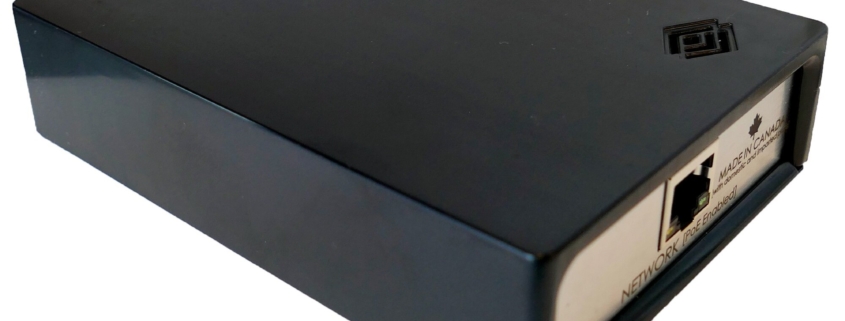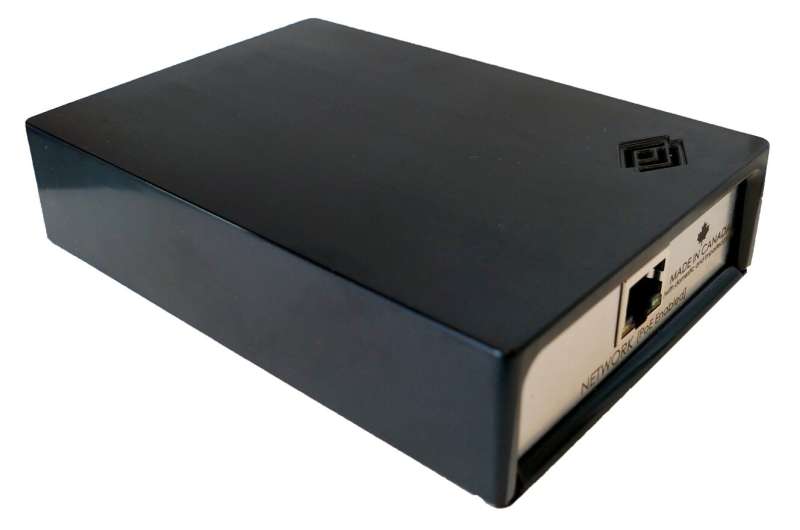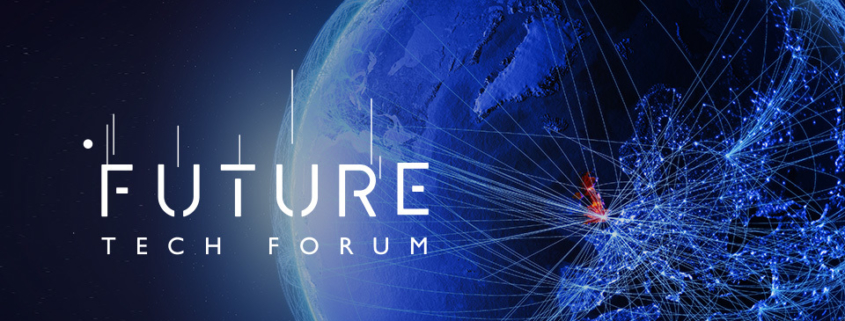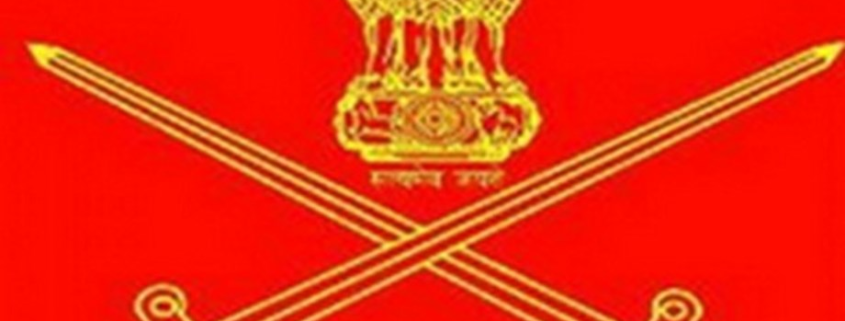This WeeΚ In Security: Hackerman, Twitter’s Best, And Signs To Watch Out For
[Editor’s note: There is a second, fake iteration of this column out today. This is obviously the real column.]
First off, there’s an amazing video tutorial from [Hackerman], embedded below the break. It’s a beginners guide to temporal displacement through GPU accelerated, cellular-connected partition board. The central flaw that makes this possible is a segmentation violation, accessible through a mode 6 cursor address reset. Watch out, though, because many mainframes actually have a core terminal capable of shutting such an attempt out of the grid altogether.
It’s a great guide, and definitely worth a watch if temporal security tickles your fancy. Watch out, though, because everyday objects can apparently act as bridges, infecting even users with temporal effects.
Twitter’s Tips (#5 Will Shock You)
Twitter’s best and brightest have come together to give us some of their best tips. The stellar advice ranges from classic goodies, like “change your passwords often”, to more modern truisms, like “[it’s] only critical if it’s covered by the media. Refrain from publishing any details to keep severity low.” My personal favorite is the truism that vulnerability mitigation is a wasted expense, and that money is better spent on a Web Application Firewall, which is sure to keep you out of trouble.
Other hot takes include the advice to use Stackoverflow for all your security remediation problems. Another user suggested keeping business hours on your website, so it can only be attacked while you’re at work. Perhaps the best was the advice that you name your dog something minimum 16 characters, using a mix of characters, since you’ll inevitably use the pet’s name as your password. Check out the #cisotips tag for more of these awesome tips!
How to Know When to Report Your Family for Computer Crimes
This is an old-but-good one. A quick guide to how to know when your kids have crossed the line, and you should call the police to curb their computer hacking ways. Some of the red flags to watch for are use of Tor, VM technology, or the dreaded Kali Linux. Also worrying are dedicated hacker hardware,…




